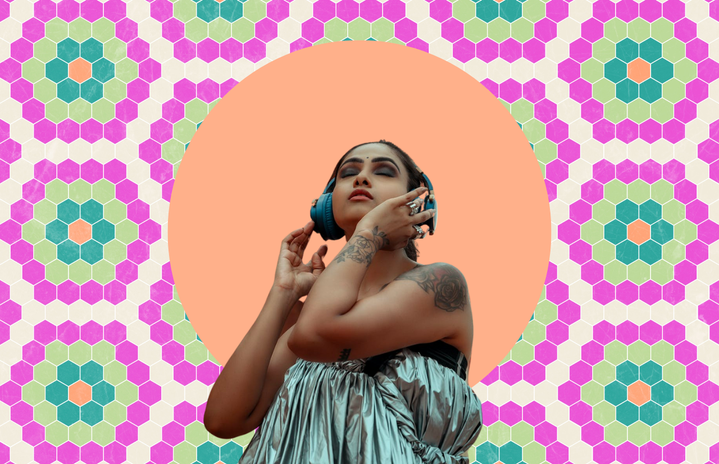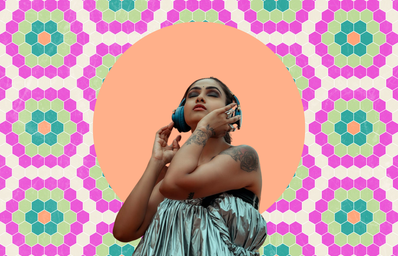If you are active on TikTok, or any social media platform for that matter, you have probably seen a considerable rise in fashion subcultures. Names such as “Dark Academia”, “Cottagecore”, “Indie” and “Grunge” are recognisable to many and conjure up a plethora of aesthetics to choose from. Many of these subcultures have grown exponentially, becoming fashion staples; even luxury brands such as Astrid Andersen, who were influenced by the Hip-Hop aesthetic by rappers such as Travis Scott and Asap Rocky in the late 60s.
Young people can use these subcultures as building blocks in their identities, through experimenting with different styles they not only reinvent themselves physically, but also mentally through adopting different hobbies and interests that come along with each aesthetic. Despite these benefits, subcultures may not be as innocent as you think; the rise in subcultures has highlighted the ever-growing class divide and has habitually excluded minority groups from their inner circles. A massive part of this problem is the blatant white washing of Pinterest.
Pinterest is a social media app where the user can explore different topics, images and aesthetics through the click of a button. It is reputable for being the least toxic social media app, or so we thought. When looking for subcultural inspiration many people gravitate towards Pinterest, however, with its oversaturation of slender, white women it can leave many external groups feeling, well… ugly. There has been recent conversation on YouTube with videos attempting to raise awareness about this issue, for example: “Pinterest Aesthetics, Fatphobia and Whitewashing” by Jordan Theresa. Representation in the media is crucial to ensure that minority groups can feel seen and heard and also find a way to relate to the media they are consuming. For example, imagine a young black girl who is interested in the Cottage-core aesthetic, but when she sees only blonde, white women in picturesque floral gowns on her feed she feels excluded from the subculture.
Whilst whitewashing may not seem like a big deal, it can have lethal repercussions for the future. This is evident when white actors are hired instead of black actors for a certain role because they do not fit into the “aesthetic” of the film. This is seen in “Ladybird” where there is a real lack of ethnic minority characters, because they may not fit into that “indie aesthetic”. Even though, Pinterest has attempted to amend these discriminatory feeds through adding search filters which can allow people to look specifically for “Black, Brown or White” skin toned people, it will not do enough to fix the problem.
Furthermore, it is not just race that is the problem. The promulgation of subcultures has led to the overconsumption of fast fashion businesses, because as new subcultures are popularised and trends change, consumers may want to ditch their old aesthetic for a new one without a hefty sum. Thus, buying from fast fashion brands for cheaper alternatives can produce negative effects such as an excess of wasted fabrics, the exploited labour of garment workers and the emission of greenhouse gases.
Because of these effects, fashion subcultures could have unfavourable implications, however these problems can be solved through an increased representation of diverse groups, diversifying social media spaces such as Pinterest and encouraging sustainable shopping such as: borrowing, thrifting and resisting unnecessary shopping. Of course, these efforts are easier said than done, however through consistent practice and a strong will they can be implemented.


